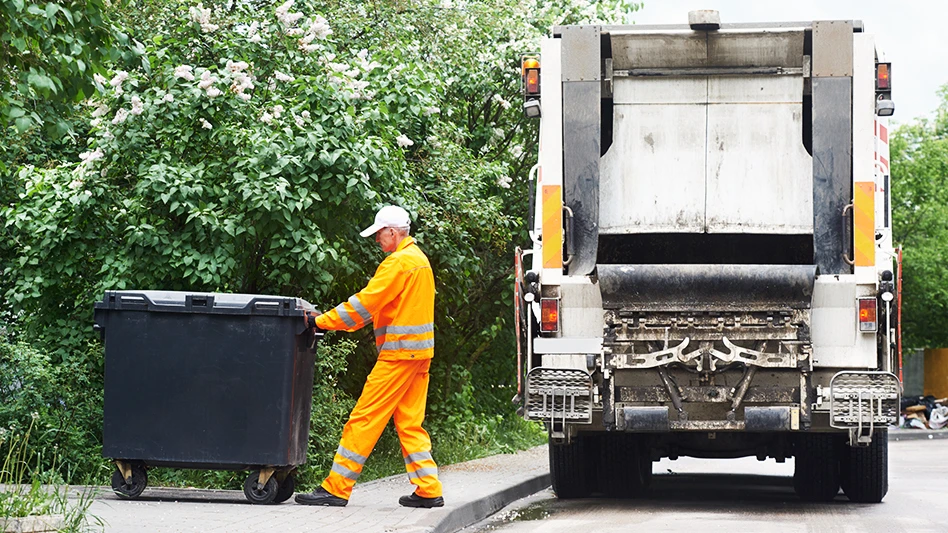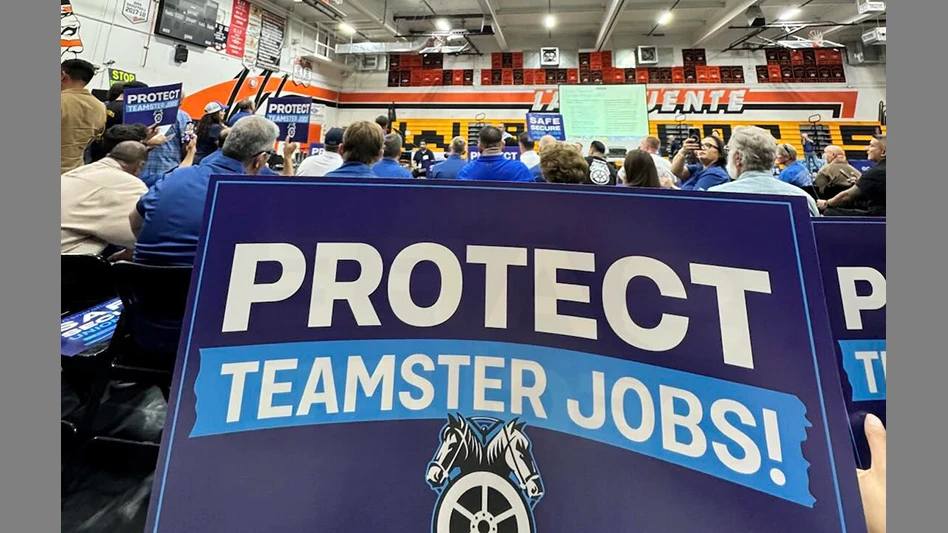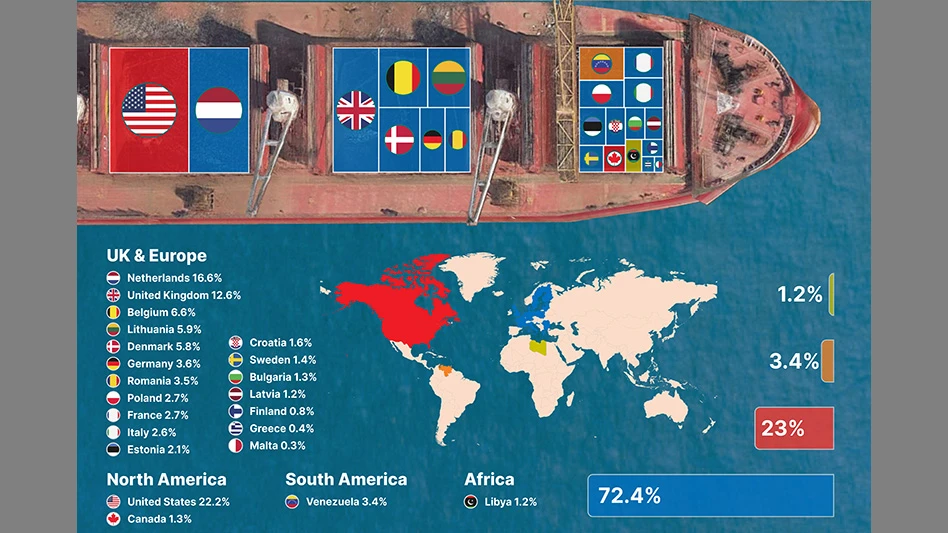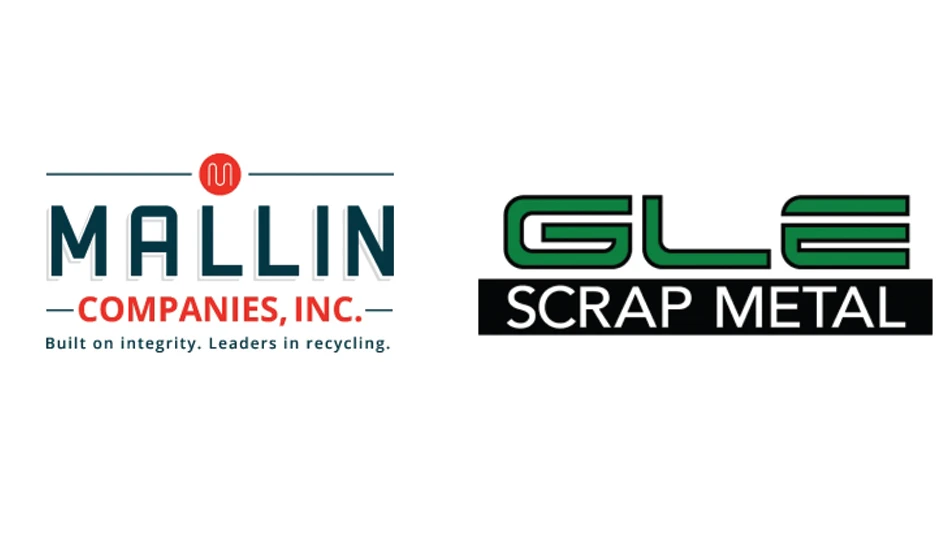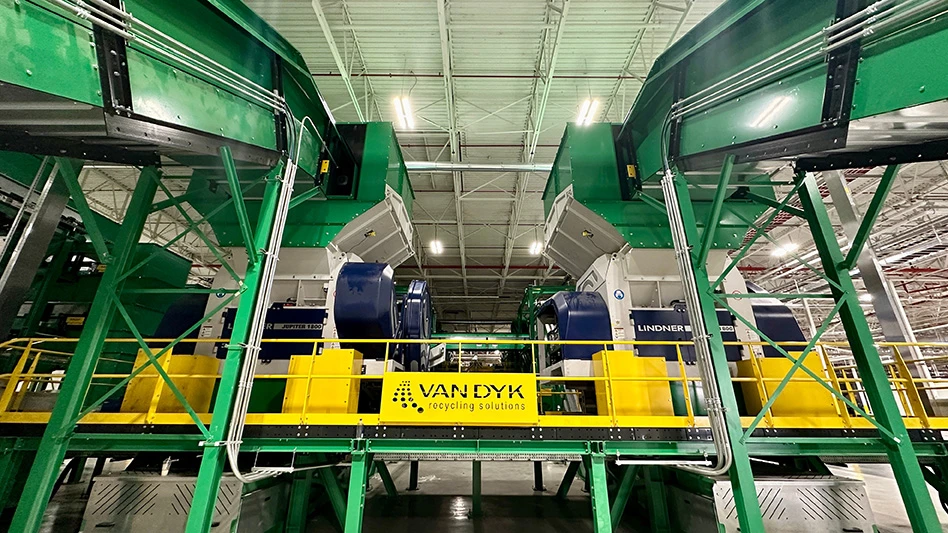
Rendering courtesy of SSAB
Sweden-based steel producer SSAB has been awarded financing from the European Union and the Swedish Agency for Economic and Regional Growth to convert its Luleå, Sweden, blast furnace/basic oxygen furnace mill to electric arc furnace (EAF) production.
The steelmaker has been granted $130 million from the EU Just Transition Fund, designed to support a transition to lower carbon emissions steel production. The funding from the EU and the Swedish Agency for Economic and Regional Growth enables SSAB to maintain a high pace in the transition to fossil-free steel production, according to company President and CEO Johnny Sjöström.
“It will strengthen not only our competitiveness but the competitiveness of Sweden as a whole and means that we can continue to deliver the steel our customers demand,” he adds.
SSAB’s plans call for it to decommission the current coal- and blast furnace-based production system in Luleå and replace it with an EAF minimill configuration and downstream rolling equipment.
Earlier this year, Italy-based Danieli & C. S.p.A. signed an early service agreement with SSAB to undertake the pre-engineering and engineering phases of the project in Luleå, configuring a plant that will be able to melt hot-briquetted iron (HBI) and recyclable steel scrap.
The project will reduce the entire nation of Sweden’s CO2 emissions by 7 percent, the company says, in addition to another 3 percent reduction from a similar conversion project at SSAB’s steel mill in Oxelösund, Sweden.
Startup of the new mill in Luleå is planned for the end of 2028, with full capacity ramping up in 2029, while startup of the new EAF in Oxelösund is expected toward the end of 2026.
Despite the recently announced EU funding, SSAB says the conversion investments are mainly funded with its own cash flow.
“It is important for Norrbotten [County, in Sweden] and for Sweden that the steel industry now accelerates its climate transition while maintaining competitiveness,” says Elisabeth Backteman, director general of the Swedish Agency for Economic and Regional Growth. “It is also important for reaching Sweden's climate targets.”
Latest from Recycling Today
- Nonferrous recyclers: Where do you rank?
- DTG Recycling faces $3.3M penalty from Washington Utilities and Transportation Commission
- Nippon, US Steel respond to Biden’s prohibition against US Steel purchase with lawsuits
- Recycling Today Media Group's battery recycling conference relocates in 2025
- IP amends DS Smith takeover bid
- Cleveland-Cliffs adds board member
- Blizzard interrupts collection routes
- Biden officially blocks Nippon Steel’s acquisition of US Steel
